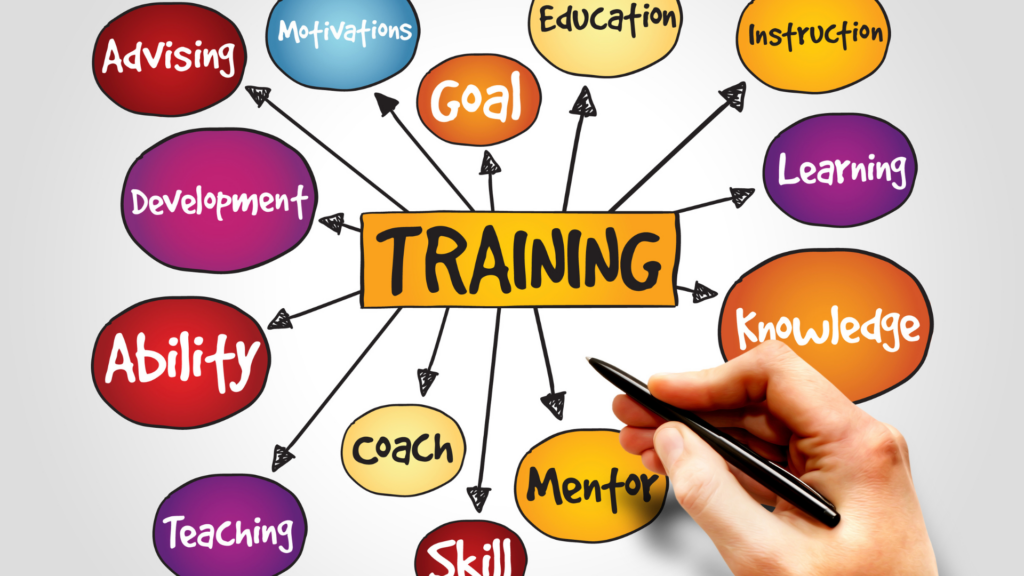So you’ve done a training on an important workplace skill… active listening, giving feedback, professionalism, conflict management… But then what? How important is workplace training?
How will you ensure people keep doing whatever it is you taught them to do?
Sustaining Change Beyond Training: A Proactive Approach
In the realm of workplace training, the journey doesn’t end with the last slide of the presentation or the completion of the workshop. It’s just the beginning. As Catherine rightly points out, the real challenge lies in ensuring that the skills acquired during the training are not just absorbed temporarily but integrated into daily practices for sustained behavior change.
Building a Supportive Environment:
Creating a work environment that fosters continuous improvement is crucial. Managers play a pivotal role in this by actively supporting and encouraging employees to apply the skills learned. Open communication channels between managers and employees, both before and after the training, establish a framework for ongoing feedback and improvement.
Action Plans for Implementation:
Encouraging employees to translate newfound knowledge into action is key. Managers should work collaboratively with their team members to create personalized action plans, outlining how these skills will be practically applied in their roles. This not only reinforces the learning but also makes the integration process more manageable.
There is a lot of research on how well we retain information, and it ain’t good. “They say” that we can only remember about 80% of material right after the training is over, and over time, that number steadily declines on down to 10%.
With the human mind already serving as an obstacle for learning retention, your organization must take extra steps to ensure information sticks… and that behavior changes.
That’s the point of training right? Behavior change?
Real behavior change only happens when the work environment makes it easy.
For example, managers must be doing things to facilitate employee use of the skills taught in the training. Having conversations with employees about what they hope to learn before the training, and discussing what they learned immediately after, are key.
Managers should also help the employees develop action plans to implement the skills gained into their daily lives.
Before training, you should also make a plan for what you will do after the training to encourage behavior change. Plan on rewarding those who exemplify the right behaviors, ask employees to find a partner to help hold them accountable, or create a Google drive folder where people can post updates on how things are going.
Also plan on gathering the training participants three months after the training to discuss what’s working well, challenges and best practices.
My goal is to ensure any training you do on ending bullying – and building a positive workplace – sticks. But, all of these rules apply to all of your training programs.
Stay tuned… next week I’m going to share one of my training tools so that you can implement a positive workplace mini-training yourself.



